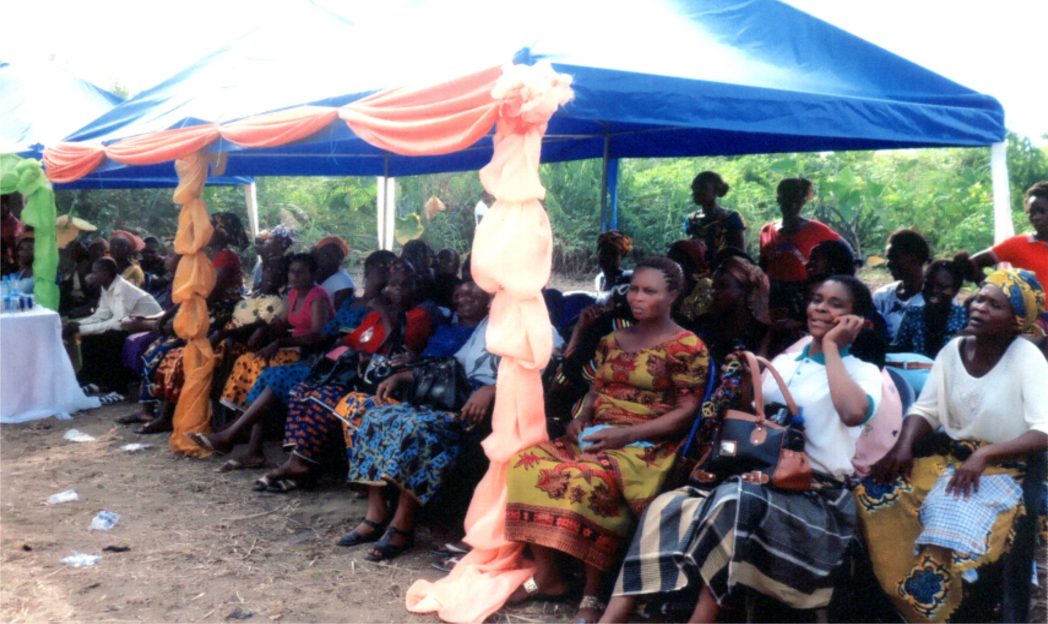Business
NCRIB Delighted Over PH Area Membership Growth
The National President of the Nigerian Council of Registered Insurance Brokers (NCRIB), Mr. Ayodapo Shoderu, has expressed delight over the growth of his council’s membership in the Port Harcourt area.
The NCRIB boss said this while inaugurating the Insurance Brokers, Port Harcourt Committee, in Port Harcourt, recently.
Shoderu, noted that the membership was a handful as at 1985, but now has over 100 members.
He also tasked the new Committee to deepen brokerage practice in the area as to attract more membership.
According to him, the Area which is among the six Area Committees in the country was of a great importance to the industry, due to its robust contribution in commerce development in the country.
The Insurance expert recalled that apart from Lagos, Port Harcourt remains the next best indicator of a potentially huge market for insurance brokers in Nigeria.
He also identified communication and misinformation about the sector as one of the challenges inhibiting its expansion.
He pointed out that his administration, after considering the setbacks, has decided to embark on strategic networking.
The process, he said, links notable Nigerians, institutions, traditional rulers, leaders of the British Insurance Brokers and others.
Furthermore, he noted that it would also promote positive public awareness of the role of insurance in the society and as well, enhance global acceptance and reckoning of NCRIB members.
Meanwhile, the new chairman of the Port Harcourt Area Committee, Ms Amaka Ogbedaigo, has promised to take the industry to the next level with her level of experience in insurance job.
Other members of the committee are, Mr. Joseph Olayeni – Vice Chairman, Mr. Kingsley Ehimadu – Secretary, Mr. Mbah Peters – Financial Secretary, Ms Victoria Nwauzor – Treasurer, Mr. Omeche Omeche Public Relations Officer and Uruaku Eze is to serve as ex-officio member.
Transport
Automated Points Concession : FAAN Workers Gave 72hrs To Revise Decisions In PH

Transport
FAAN Announces Pick-Up Points for Go-Cashless Cards

Business
Fidelity Bank To Empower Women With Sustainable Entrepreneurship Skills, HAP2.0
-

 Politics3 days ago
Politics3 days agoSenate Urges Tinubu To Sack CAC Boss
-

 News3 days ago
News3 days agoAmend Constitution To Accommodate State Police, Tinubu Tells Senators
-

 News3 days ago
News3 days agoDisu Takes Over As New IGP …Declares Total War On Corruption, Impunity
-
Business4 days ago
Crisis Response: EU-project Delivers New Vet. Clinic To Katsina Govt.
-
Business4 days ago
President Tinubu Extends Raw Shea Nuts Export Ban To 2027
-
Business4 days ago
President Tinubu Approves Extension Ban On Raw Shea Nut Export
-
Sports3 days ago
NDG: Rivers Coach Appeal To NDDC In Talent Discovery
-
Business4 days ago
Fidelity Bank To Empower Women With Sustainable Entrepreneurship Skills, HAP2.0


